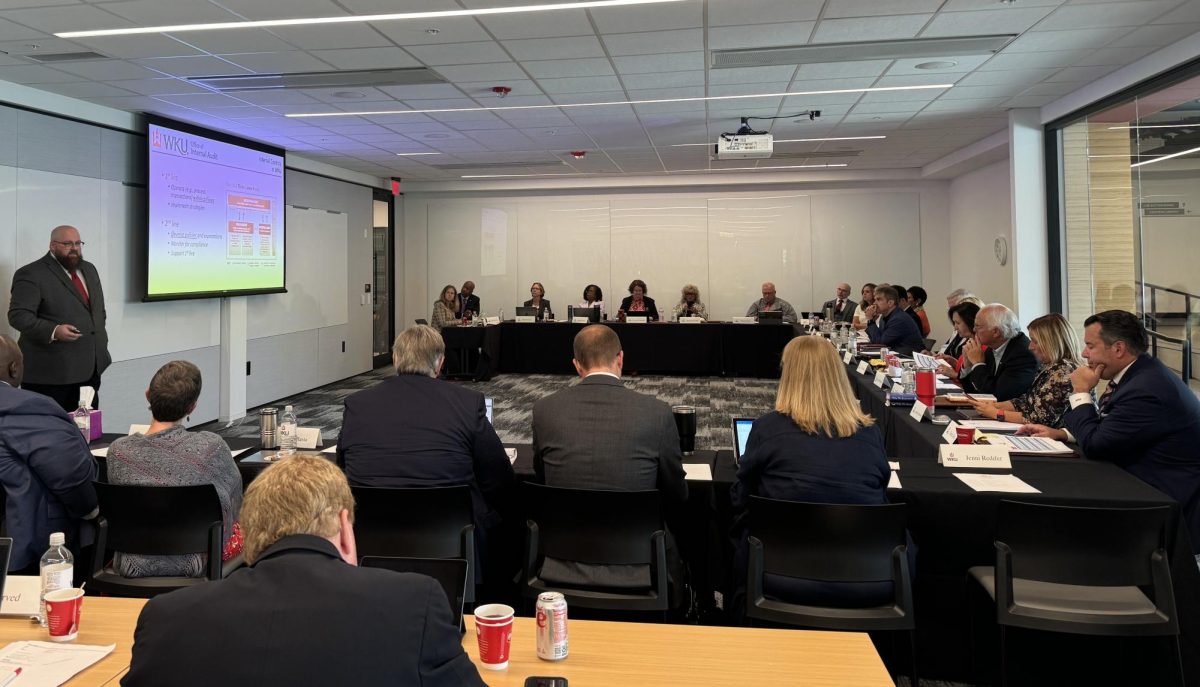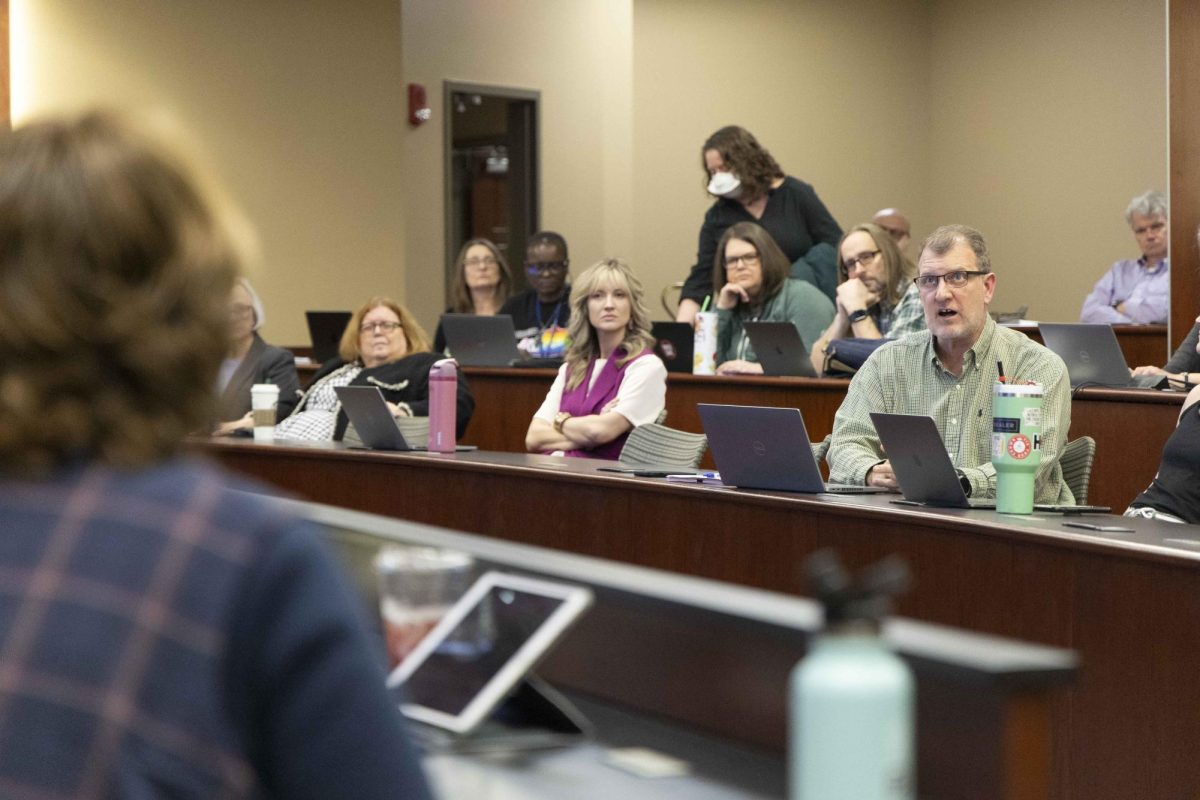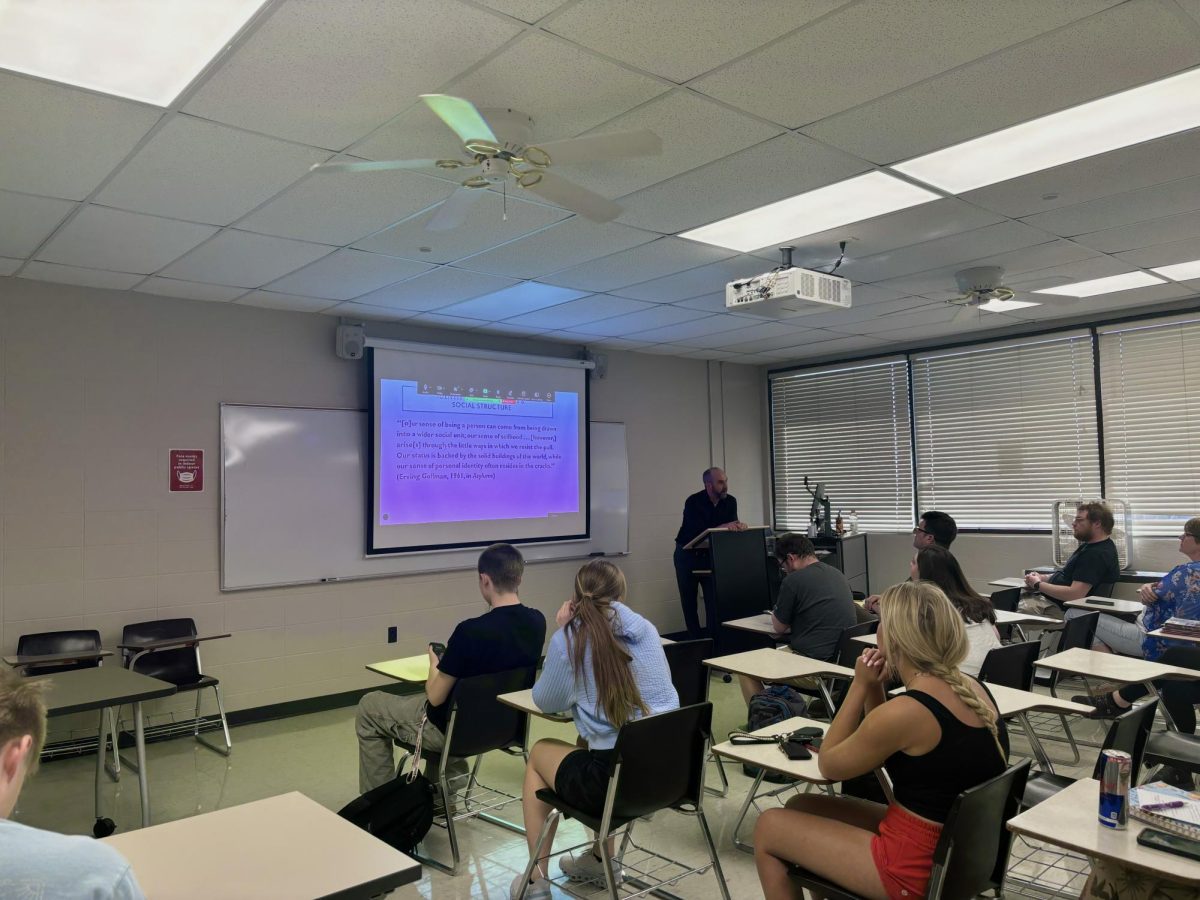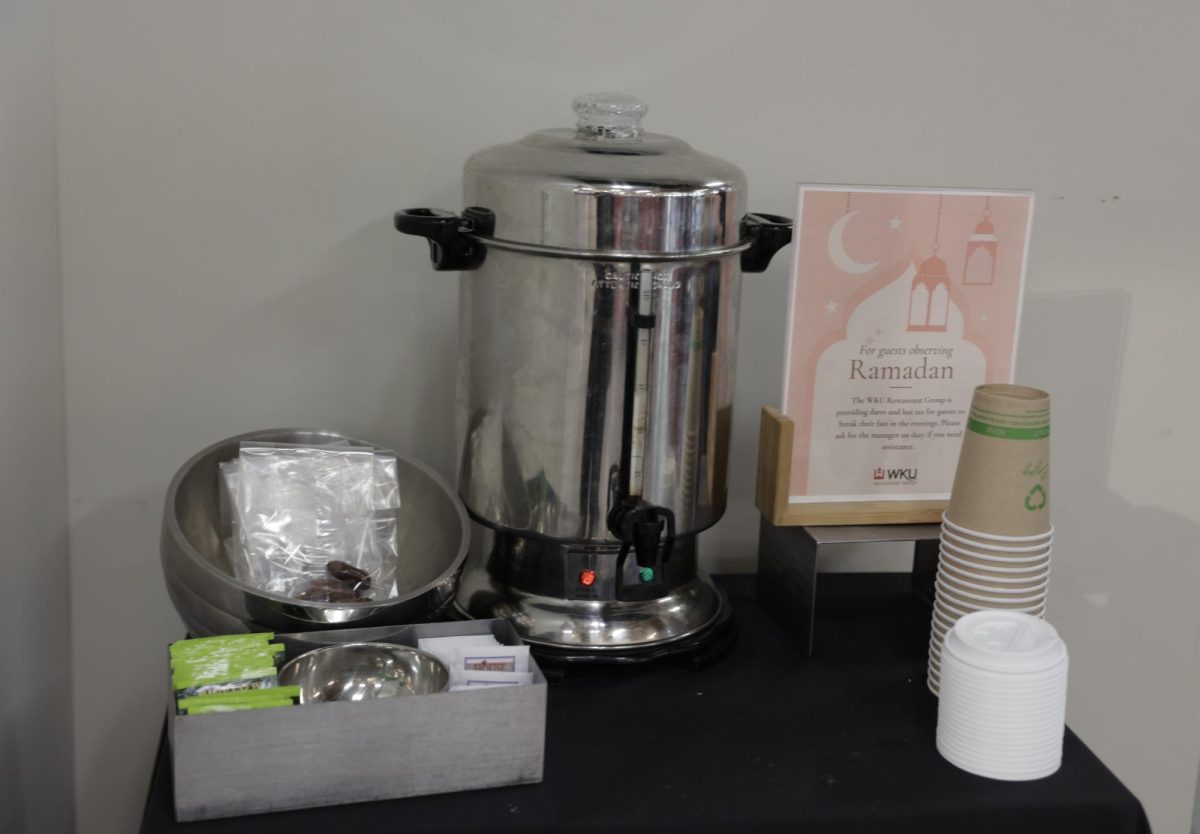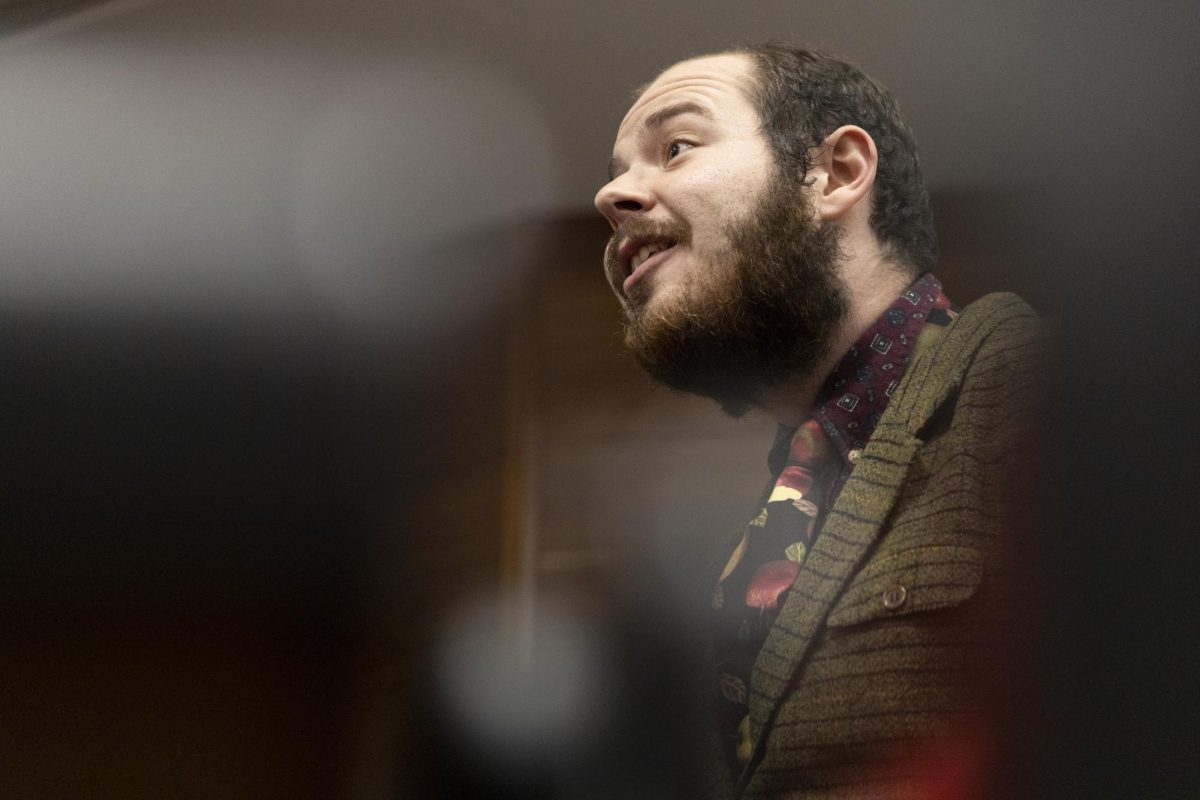Student Regent Sam Kurtz expressed concerns at a board retreat on Thursday that student workers’ needs are being overlooked in the university’s budget, raising questions about the administration’s budget priorities.
The regents met at the Commons at Helm Library on Thursday for their annual retreat, discussing plans and updates for the academic year. During a presentation on the university’s budget model from Susan Howarth, executive vice president for strategy, operations and finance, and Corinne Murphy, dean of the College of Education and Behavioral Sciences, Kurtz spoke up.
Kurtz said that a friend of his working in the biotechnology center told him before the retreat began that he and his fellow student workers were told that some of the funds allocated for the jobs they had in 2023 will not return in 2024. Kurtz said this could mean other funds for research could be cut to continue to pay student workers or fewer student workers will be hired.
Throughout WKU, areas have been ordered to cut spending by 7.5% from the budget that the regents approved in June to help close a gap between revenues and expenditures. It is among several measures the university is taking, including imposing a 10% “overhead charge” on revenue generated by areas that must cover their costs with money they bring in.
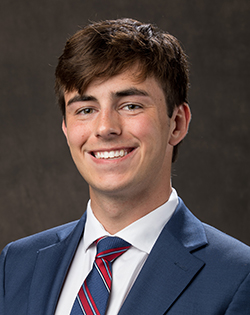
Overall, Kurtz said, he is concerned that WKU’s budget challenges could affect student workers’ jobs and the quality of work they are able to do.
“Isn’t that the point of why we’re all here, to look out for the students?” Kurtz asked. “How is that something that no one is talking about?”
He later said that during a dinner for the regents Thursday evening, he was told by David Brown, dean of Ogden College of Science and Engineering, that funding for some student jobs could be restored later in the year, and that they are not cutting student workers.
During the retreat, President Timothy Caboni said that he doesn’t want the board to lose sight of students being considered first, every single day.
“Anyone who doesn’t believe that, you can come talk to me and we’ll figure it out,” Caboni said.
Terrance Brown, dean of Potter College of Arts and Letters (PCAL), told Kurtz that individual units within the college operate off a zero-based budget, where each unit zeroes out at the end of each year. Student workers fall into a “personnel” category in these units, so at the end of every year the units can submit requests to find out what funds they can get in return based on their performance.
Some units use a large amount of student workers, which can cause fluctuations in resources for all of the units: some may get an increase while others don’t.
Another problem, Terrance Brown said, is that PCAL specifically can’t get student workers to apply for the positions they currently have.
“We have a photography position right now that we’ve tried to promote and promote and promote, and we have not been able to secure workers,” Brown said. “So if there’s a messaging way, something like that, that we can engage students better so they know about those opportunities, we would love to know that. Because I think that’s some of the disconnect here.”
Caboni said that WKU has hundreds of student worker positions currently unfilled.
“Not all student jobs, as much as I hate to say it, are going to develop your career, be a resume changer (or) be a connection to the real world that you’ll need after college,” Kurtz said.
Caboni encouraged any student that is nervous about their campus job to reach out to their respective dean and share their concerns.
“Our deans are caring people,” Caboni said.
After the retreat, Kurtz spoke with the Herald and shared that he was disappointed with the responses he received from administrators and the deans.
He said that if a specific student job is always getting filled up, meaning it is popular with students, then it should have protection from cuts.
“I just wanted to hear somebody say, ‘We will make sure the student worker positions we had last year are not going away, and that we’ll continue to grow those positions if the need and the desire for those positions continues to grow,’” Kurtz said.
Instead, Kurtz said that he feels the responses he got were “cookie-cutter” answers that bounced around his main concern.
“It was almost like the question was a hot potato, and they were throwing it across the room,” Kurtz said. “It wasn’t, like, completely frustrating. It was just, in a way, not what I immediately expected. And in that way, it was a little bit disappointing for sure.”
Kurtz said that he thinks if the board and administration improves on their ability to share with the campus how their decisions will affect everyone, then the university can start moving toward a hybrid approach in how it views the university: on both a holistic scale and an individual scale.
“If you’re looking at it from the space view, it might only be five or 10 students,” Kurtz said. “But you know, those are still five to 10 students that are Hilltoppers and that need opportunities.”
Even with his concerns, Kurtz said he thinks WKU is in a great spot, and he trusts the leadership.
“I kind of want us to steer right back into, ‘Yes, of course we’ll prefer the students,” he said. “I feel like that’s what we should always be doing in a way.”
News reporter Cameron Shaw can be reached at cameron.shaw555@topper.wku.edu.



